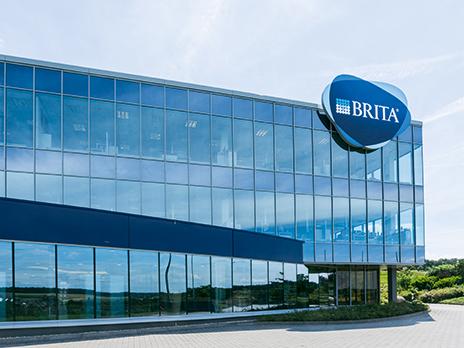What are your tips for the best way to communicate sustainability initiatives to the wider public – how do you make people care?
This is the biggest challenge we face, because sometimes the climate crisis can almost feel too big for individuals to do anything about. What we’ve found is that there is a significant gap in knowledge around the food waste issue. Often people associate wasted food with wasted money, but there is a disconnect when it comes to the impact on the environment. Research we conducted showed that over two thirds of Brits don’t realise that food waste is contributing to climate change, so education is vital.
On top of greater understanding of the issue, the public need tips, tricks and tools to help them to make small changes that add up to make a big difference. We’re not asking everyone to change their entire lifestyles, just their attitude towards throwing away food. Making it more manageable and accessible automatically breaks down the barriers and shows that this is something that anyone can do to play their part.







